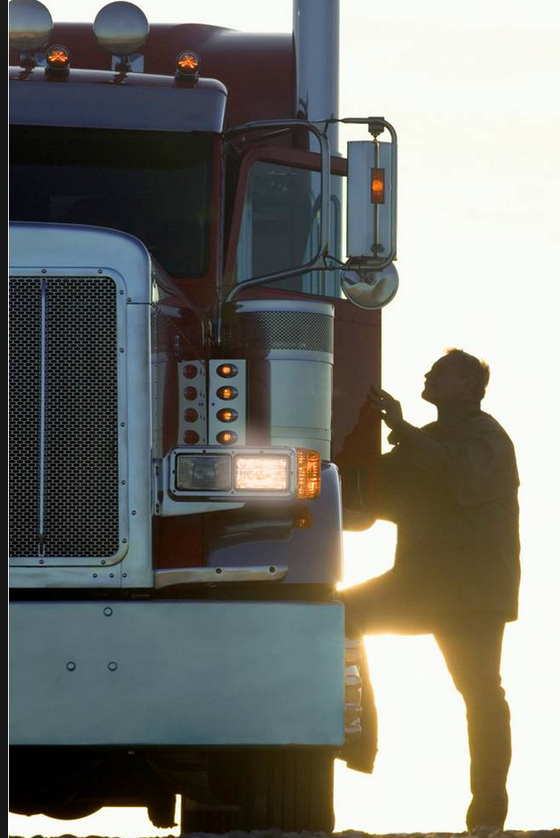Lobby Group for Small-Business Truckers Appeals to Supreme Court to Counter ELDs
A national association of small-business truckers has filed an appeal to the U.S. Supreme Court regarding a lawsuit against a government mandate to electronically track commercial truck drivers.
The Owner-Operator Independent Drivers Association, which has 150,000 members, filed the petition seeking a review of a ruling from the U.S. Court of Appeals for the Seventh Circuit. The court had ruled against the Association last year on its lawsuit against the Federal Motor Carrier Safety Administration.
OOIDA says mandating electronic logging devices (ELDs) is the equivalent of warrantless surveillance of truckers and that the government’s weak excuses for doing so fail to justify violating their Fourth Amendment rights.
Jim Johnston, president and CEO of OOIDA, said that the Association will also continue to pursue the issue on the congressional side as part of its “Knock Out Bad Regs” campaign and will continue to communicate with the Administration about this and other regulations.
“We were very disappointed and surprised by the ruling against us by the Seventh Circuit Court of Appeals,” Johnston said. “That same court had ruled in our favor on a previous lawsuit of ours on this same issue.” said Johnston.
The group notes: “Commercial truck drivers are restricted to a limited number of working and driving hours under current regulations.”
The FMCSA’s mandate requires that truck drivers use ELDs to track their driving and non-driving activities even though such devices can only track movement and location of a vehicle. OOIDA contends that requiring electronic monitoring devices on commercial vehicles does not advance safety since they are no more reliable than paper logbooks for recording compliance with hours-of-service regulations.
In its petition to the Supreme Court, OOIDA also asks the court to determine whether the ELD rule violated the Fourth Amendment by failing to establish a regulatory structure at the state and federal levels that serves as a substitute for a warrant.
“We believe that the Seventh Circuit erred in allowing warrantless searches of 3.5 million drivers, designed specifically to uncover evidence of criminal activity,” Johnston said. “In doing so, the Seventh Circuit decision splits directly with rulings by both the Fifth and Eleventh Circuit Courts.
Category: Featured











